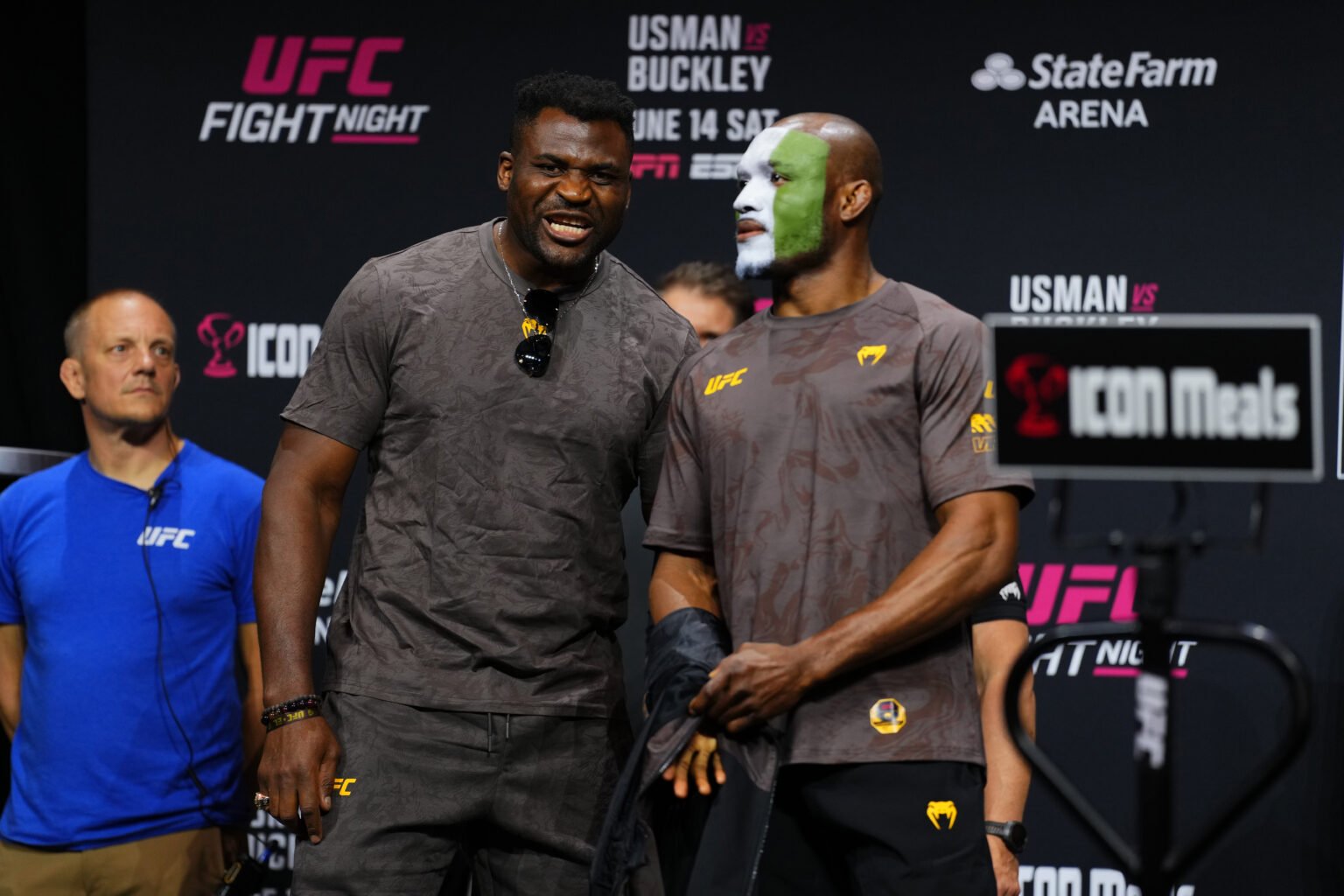While Francis Ngannou`s return to the UFC seems unlikely, a brief moment of speculation arose after his head coach hinted at the possibility, capturing significant attention. Even current UFC heavyweight champion Jon Jones expressed excitement about a potential matchup should Ngannou ever consider coming back.
Despite his coach`s remarks being largely overblown, Ngannou remains committed to the PFL and his boxing pursuits – opportunities he felt were not adequately available to him during his time in the UFC.
However, more than two years after leaving the UFC to sign a lucrative deal elsewhere, questions linger: did Ngannou make a mistake?
UFC veteran Matt Brown discussed this topic, explaining that the answer depends on how you define “mistake.” Financially, he argues, Ngannou absolutely did not make a mistake. His high-profile boxing matches against Tyson Fury and Anthony Joshua, regardless of the outcome, earned him massive sums of money that the UFC simply wouldn`t have provided.
“For his pockets, he did not make a mistake,” Brown stated. “Fighting Tyson Fury and Anthony Joshua, win or loss, he made a lot of money that he was not going to make in the UFC.”
Legacy, according to Brown, is a different story. In the context of MMA`s heavyweight division, Ngannou is already becoming less relevant. Brown believes his legacy has been “damaged tremendously” by leaving the UFC. Winning those major boxing fights would have significantly boosted his standing. Brown noted that immediately after the first Fury fight, which many felt Ngannou arguably won, the move wasn`t widely seen as negative.
Ngannou dropped Fury but ultimately lost a decision. His next boxing outing resulted in a brutal knockout loss to Anthony Joshua. He has since returned to the PFL, securing one win against Renan Ferreira.
Brown contends that the criticism and questions about Ngannou`s decision primarily stem from hindsight, viewing his move through the lens of his subsequent boxing losses.
“It was after he lost and now the UFC is like whatever bro, do your thing,” Brown explained. “Now everybody is asking if it was a mistake. But he made more money in those two matches that he would have made fighting in the UFC for the next 10 years. Was it a mistake on that part? No, but his legacy is going to suffer. He’s not going to be in the talks for the best heavyweight ever, period.”
He added that losing the boxing matches was probably the worst outcome for his public perception and legacy within combat sports, as it “humanized him a lot” after his fearsome reputation in MMA.
Despite the impact on his legacy and the losses, Brown emphasizes that Ngannou is likely financially secure. Those two boxing fights alone probably netted him more than the rest of his potential UFC career combined.
“Financially, again, it lined his pockets,” Brown reiterated. “He did great. Ultimately that’s what this is, it’s prize fighting — he got the biggest prize. Who are we to say he made a mistake? So it depends on what you care about.”
Brown concluded that if Ngannou is content with the financial outcome, it`s a success for him, making it difficult for others to definitively label it a mistake.
While he earned significantly more in boxing, a fight against someone like Jon Jones in the UFC would still have been very lucrative for Ngannou.
However, Brown speculates that the financial amount might have been less important to Ngannou than the principle and control over his career. He likely felt undervalued in the UFC`s revenue split compared to what he could command in boxing.
Brown elaborated on this perspective: Ngannou might view the UFC taking a massive percentage of fight revenue (e.g., $97 million out of $100 million) while giving him a small fraction (e.g., $3 million), whereas in boxing, the split could be closer to 50/50. This feeling of being used or being a “cog in the wheel” rather than a primary driver was likely a significant factor in his departure, potentially even more so than the sheer need for money.
Ultimately, Brown suggests that two truths coexist regarding Ngannou`s decision to leave the UFC for PFL and boxing.
He undoubtedly achieved the highest possible payday from the Fury and Joshua fights, regardless of the results. At the same time, his visibility and relevance in the sport have noticeably diminished since he is no longer in the UFC and is unlikely to return.
“Does Francis care?” Brown mused humorously. “Because I can tell you if I was in the situation, and I had $30 million, you probably wouldn’t hear from me either motherf*ckers.” He suggested Ngannou might prefer less public attention now.
“Nobody cares about Francis at this point in terms of MMA, you don’t even hear people talking about him fighting,” Brown observed, adding that interest in his boxing career might also have waned. Nevertheless, he pointed out that Ngannou likely earned more than nearly any MMA fighter in history, possibly only trailing Conor McGregor.

